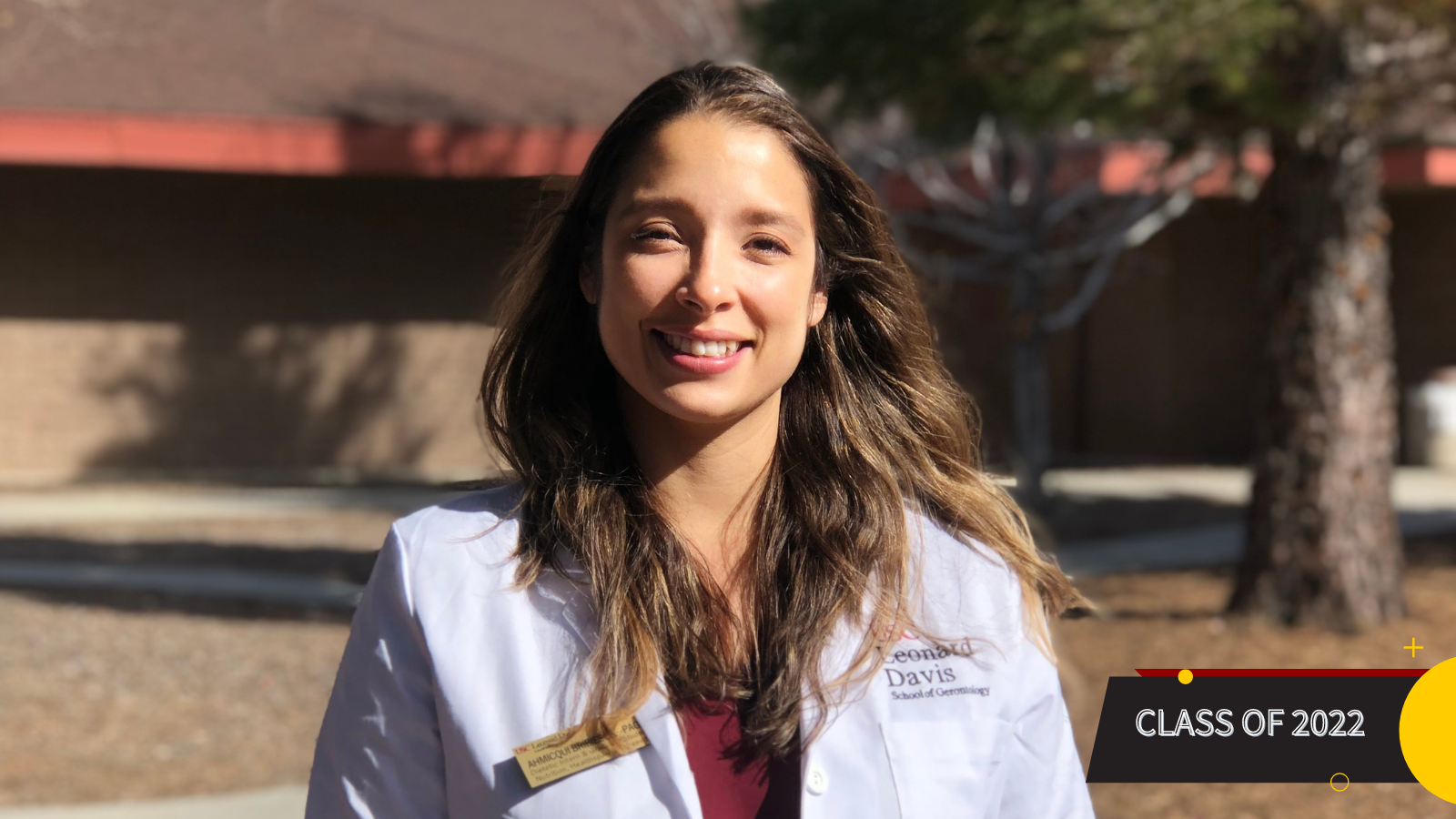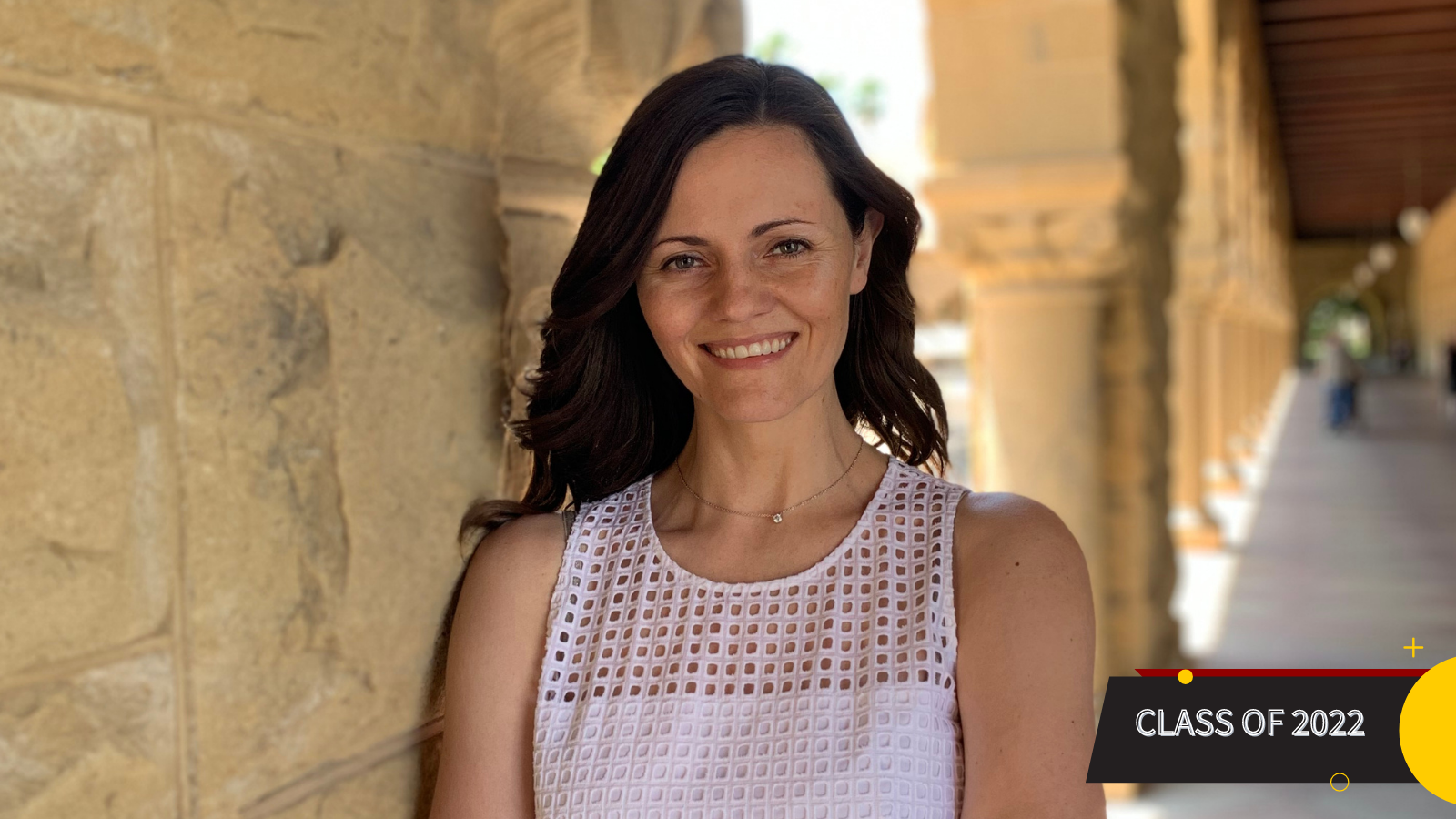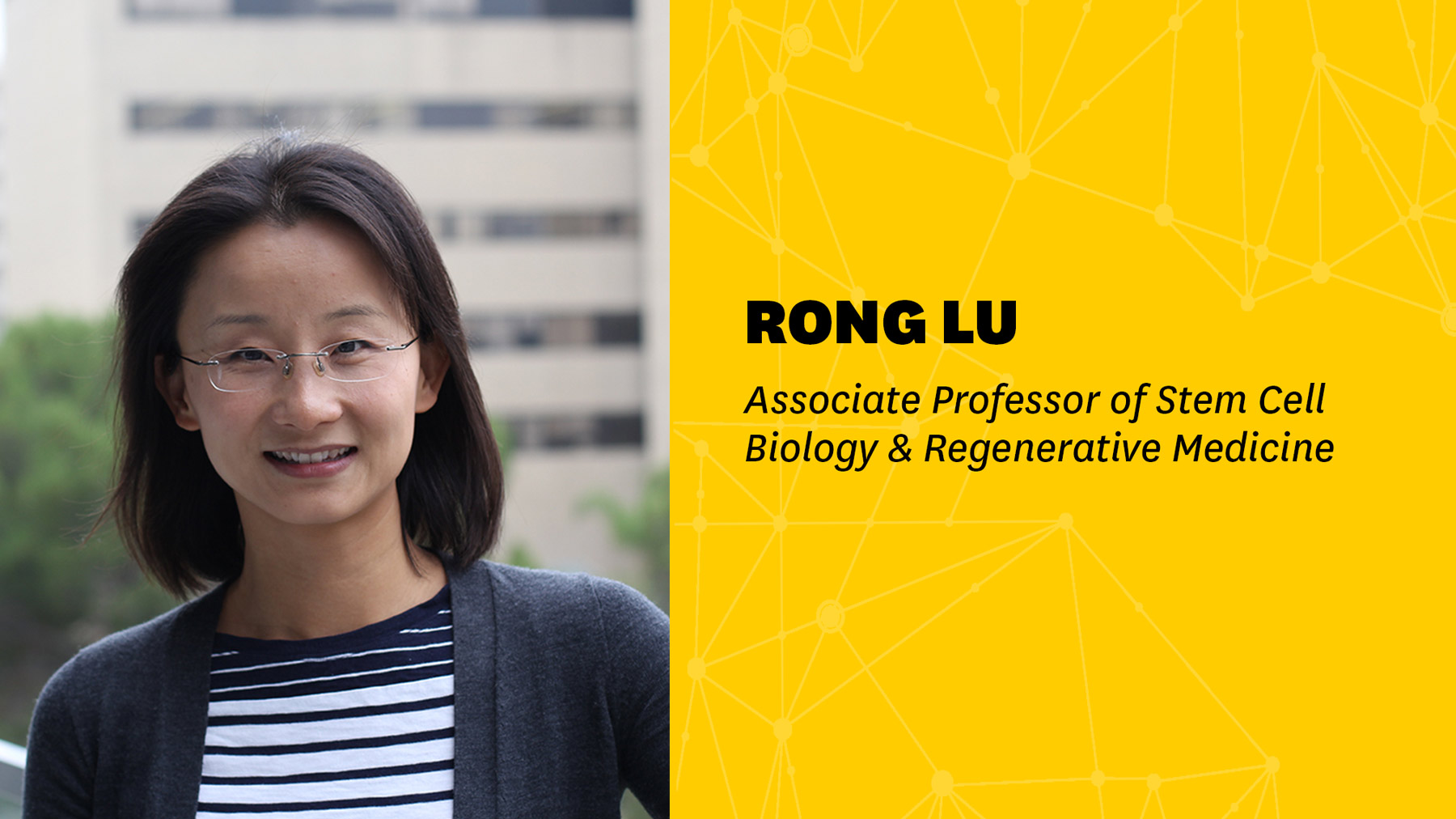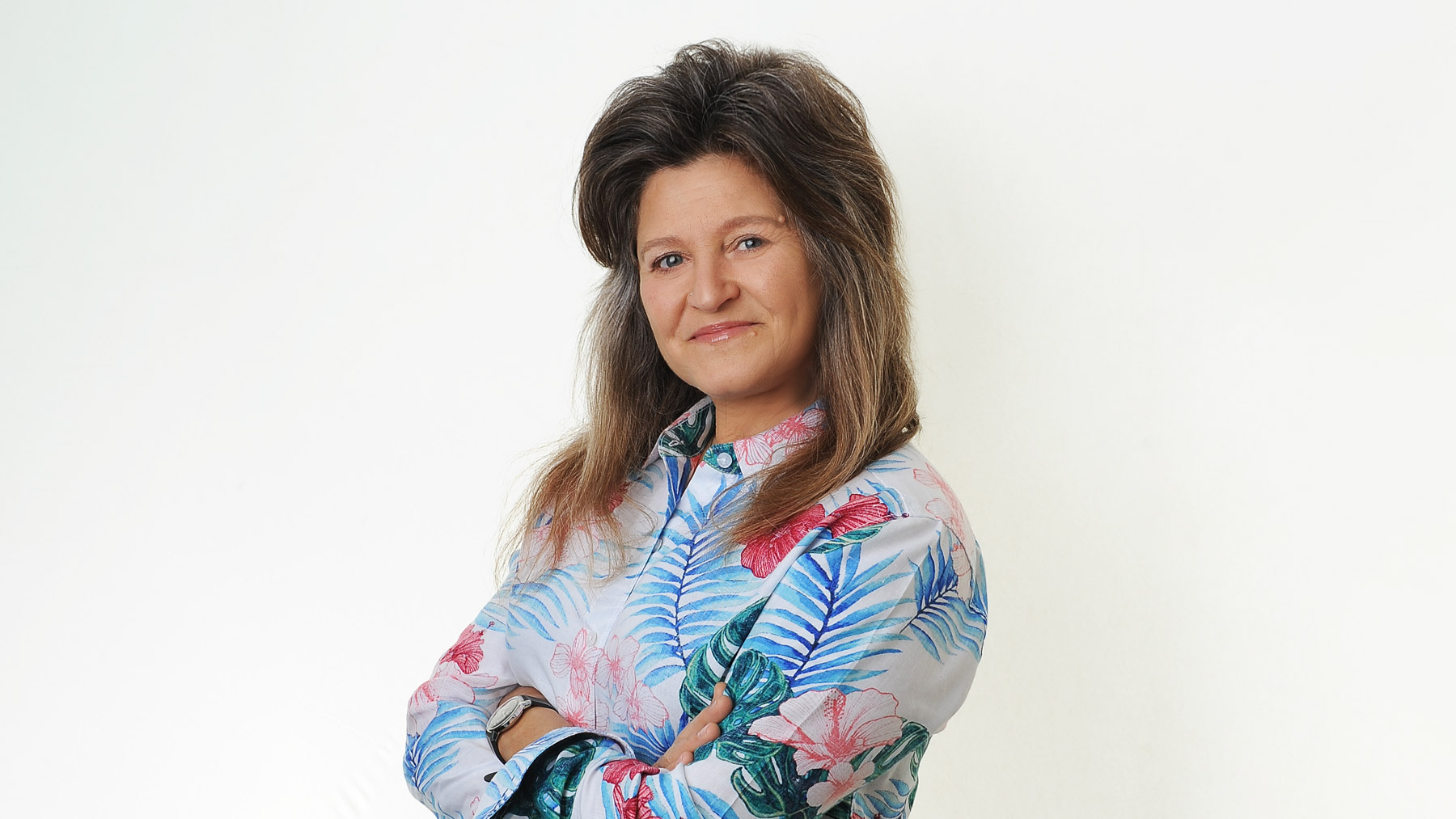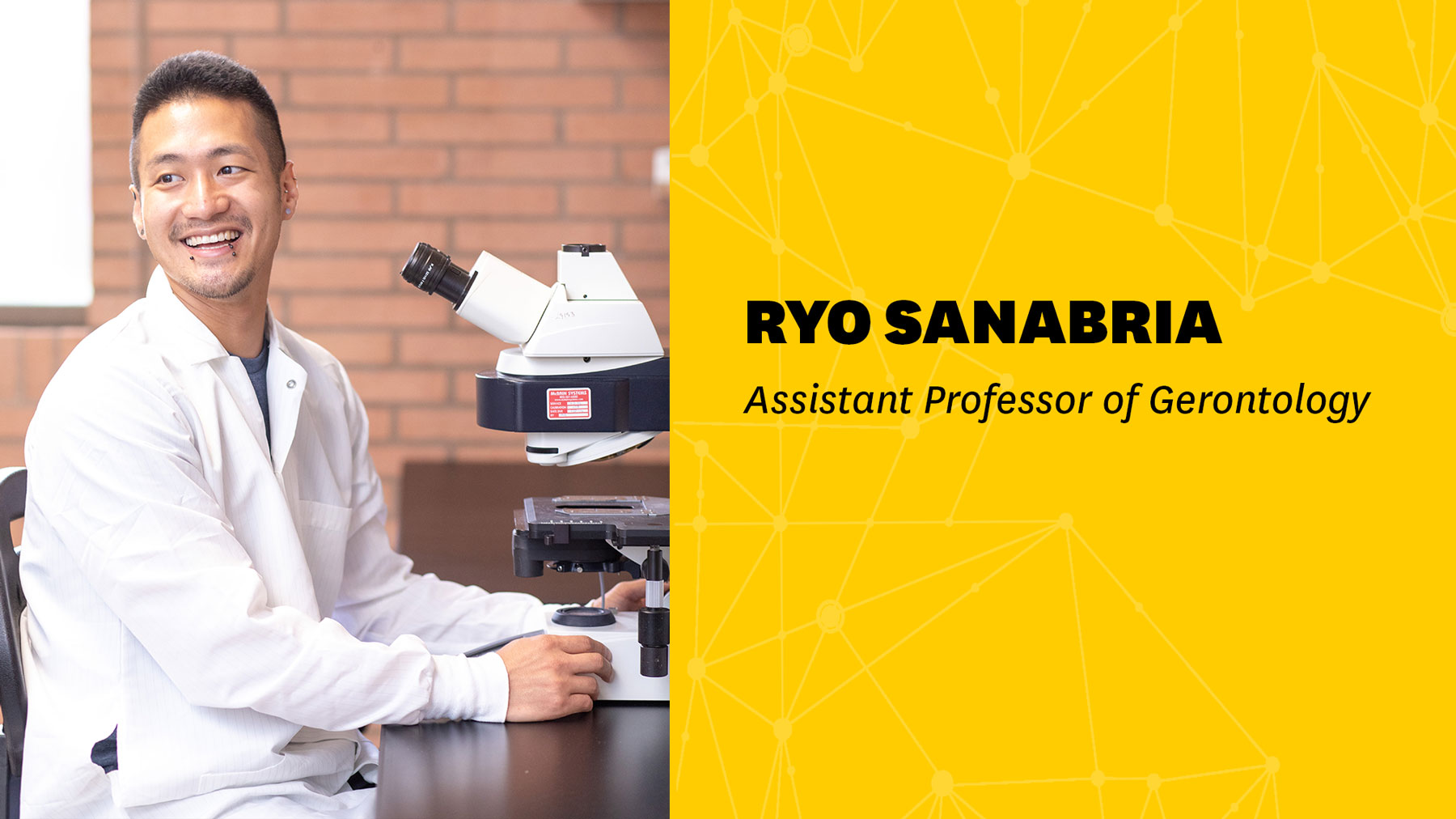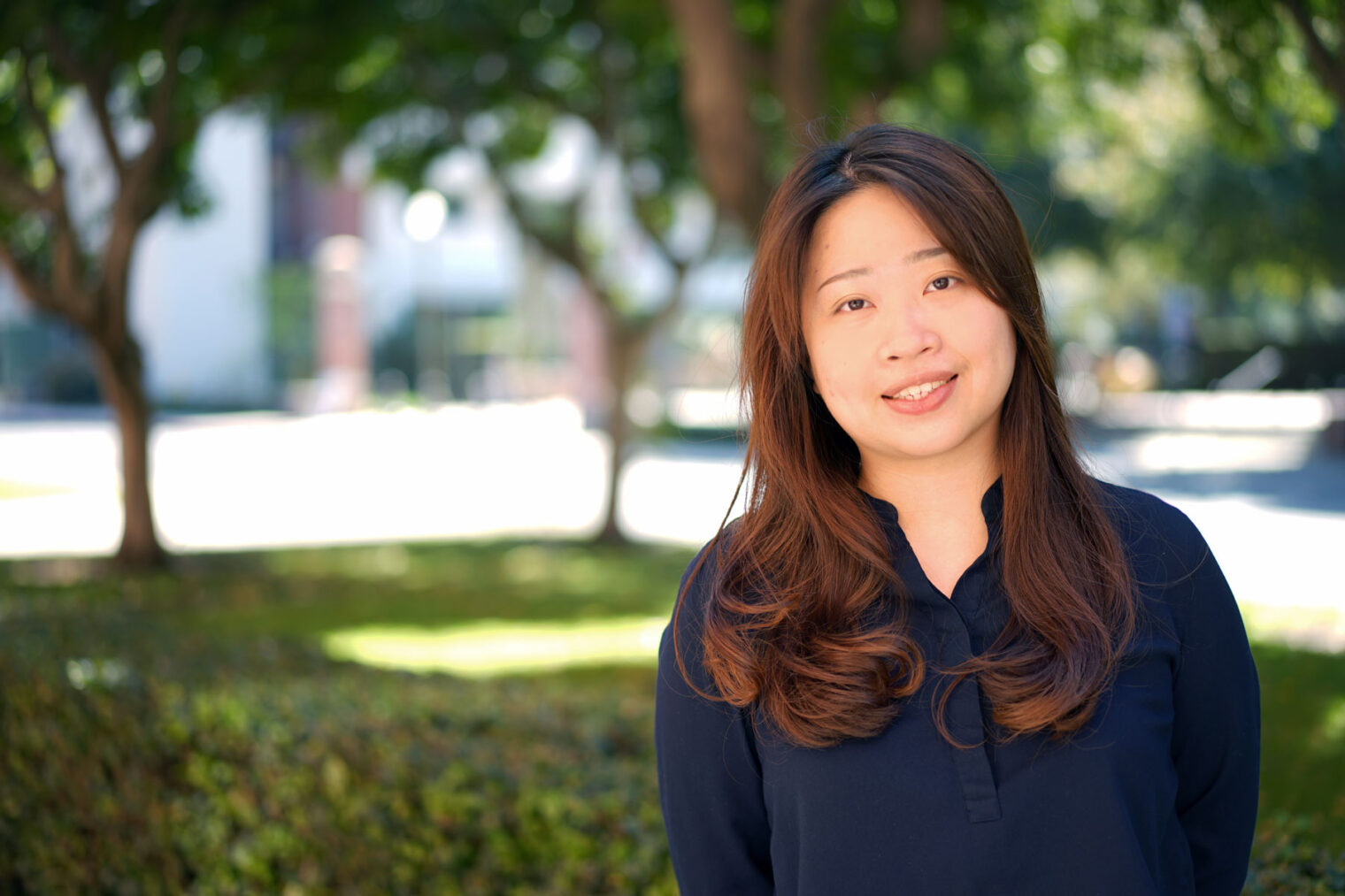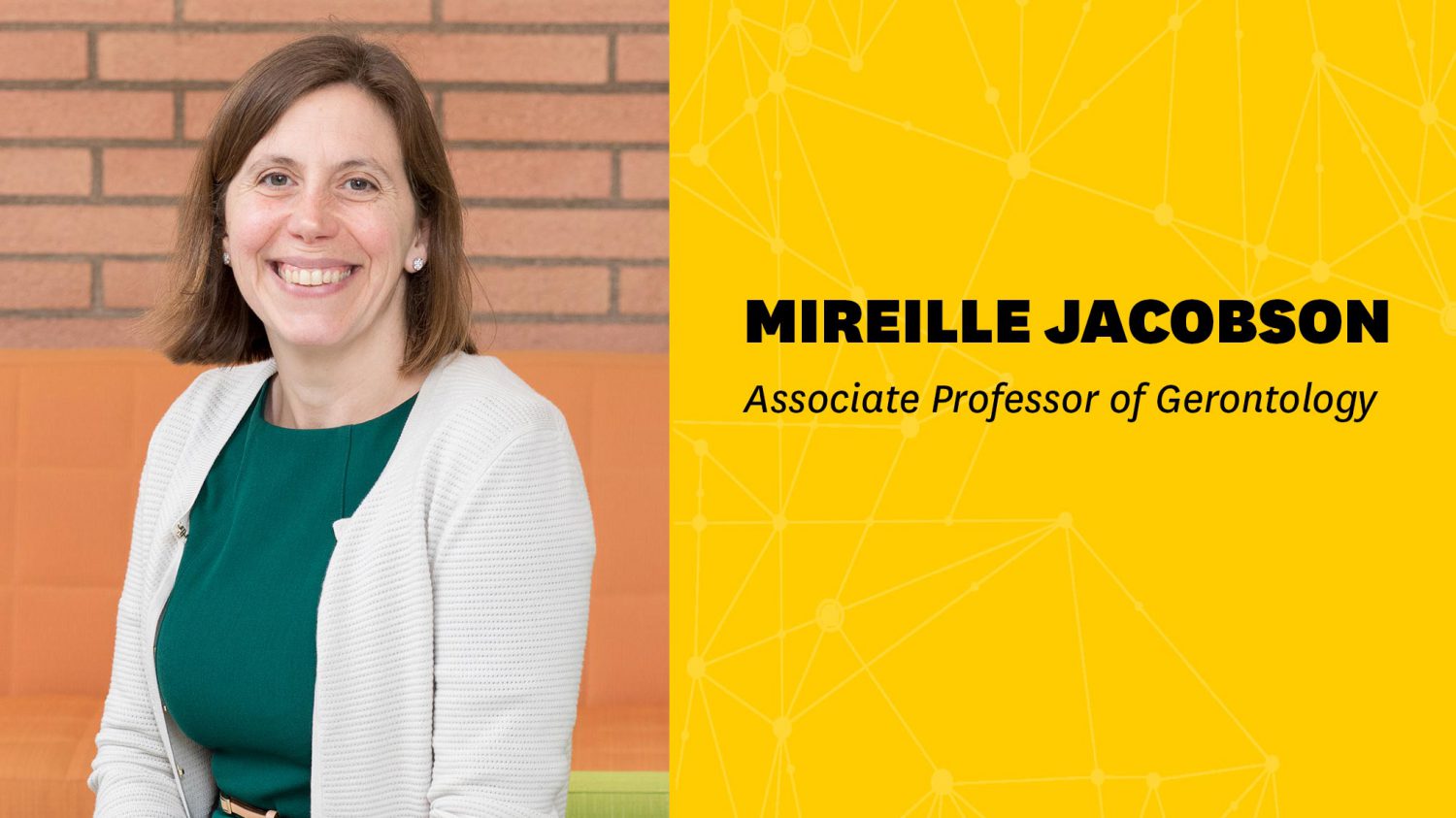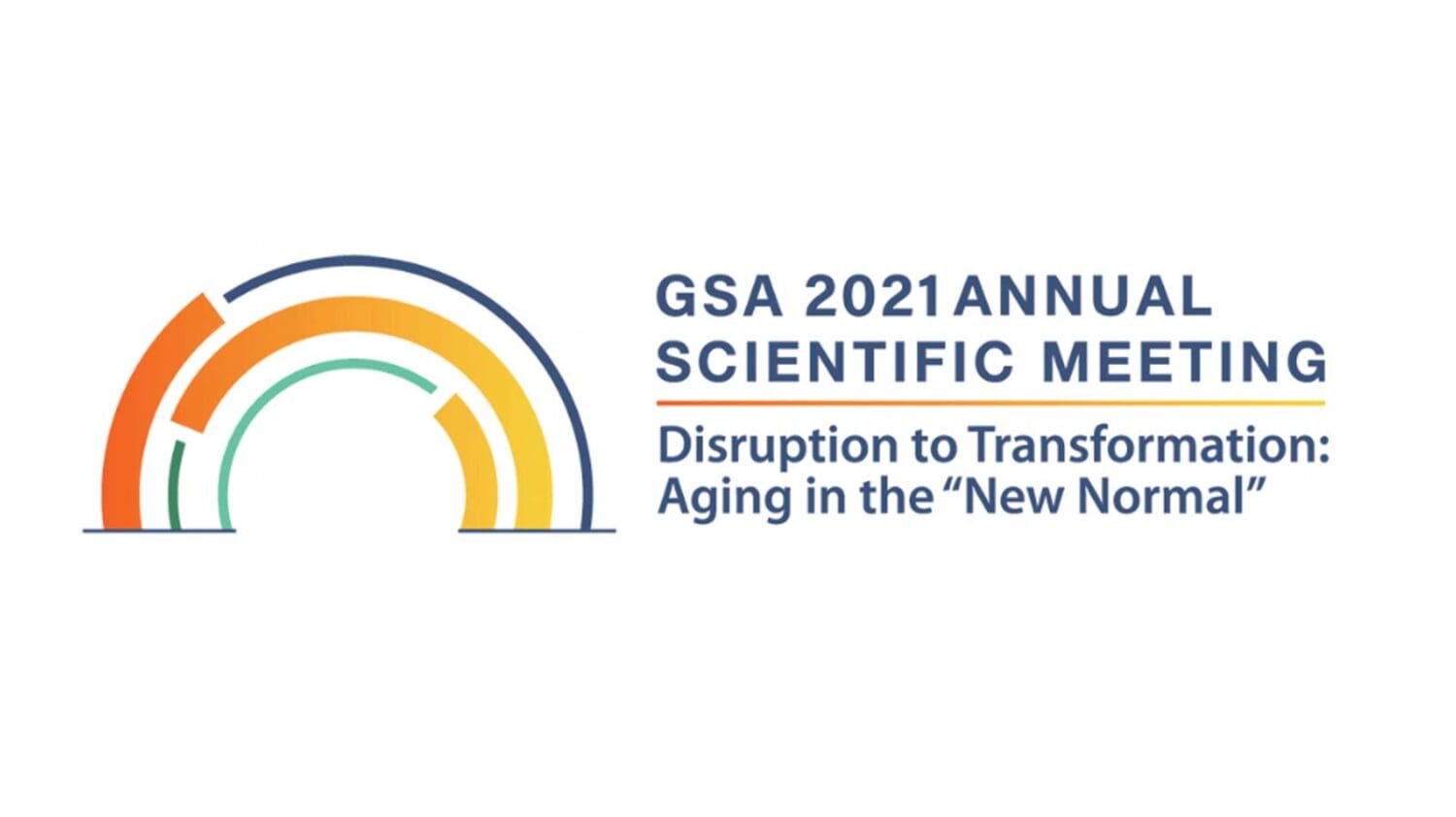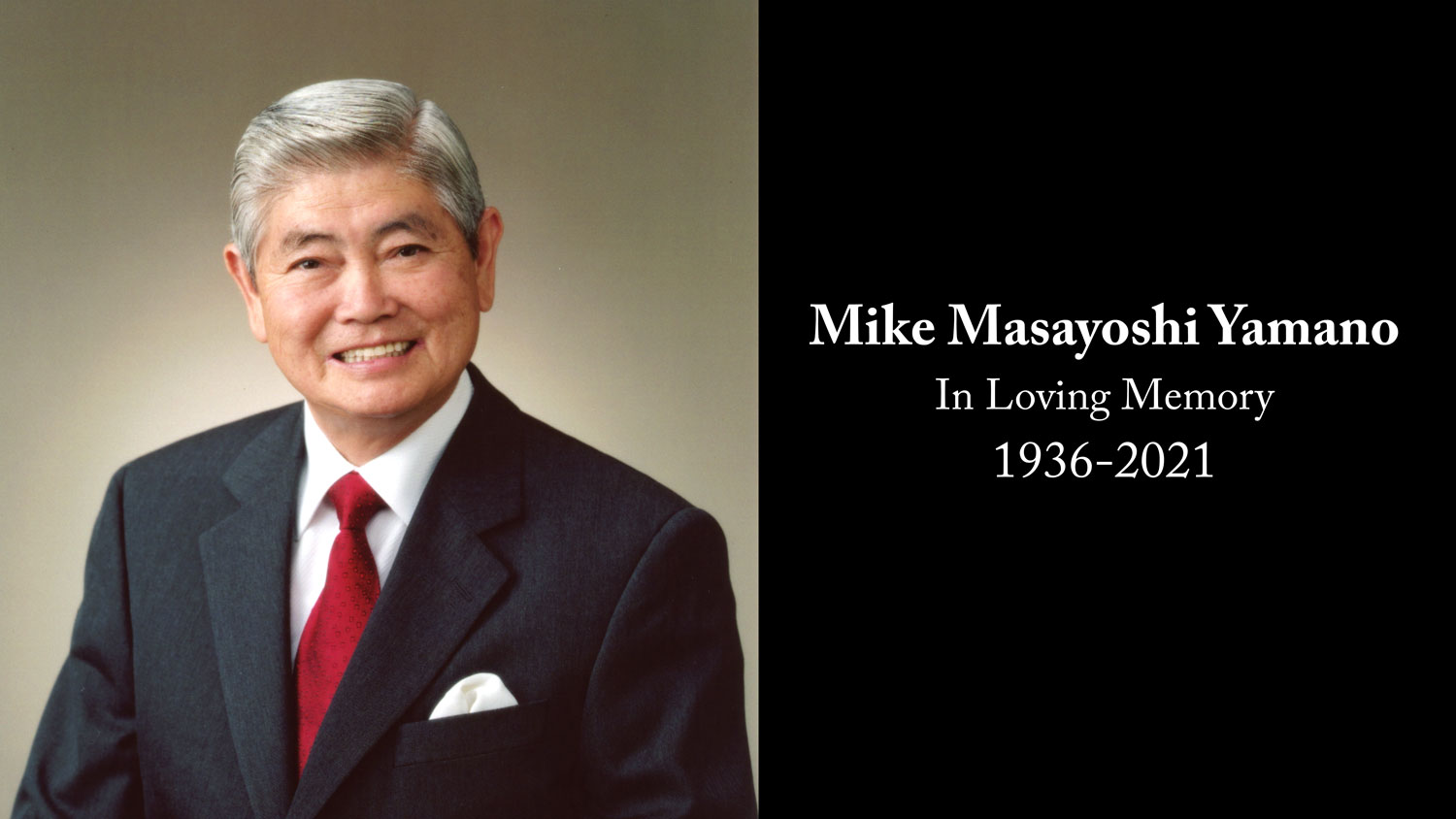The 2021 Gerontological Society of America Annual Scientific Meeting, taking place virtually this year, will feature symposia, posters and papers featuring expertise from USC Leonard Davis School of Gerontology faculty, postdoctoral and student researchers. Below is a table listing USC Leonard Davis presenters; for more details and the full conference…
Read More


